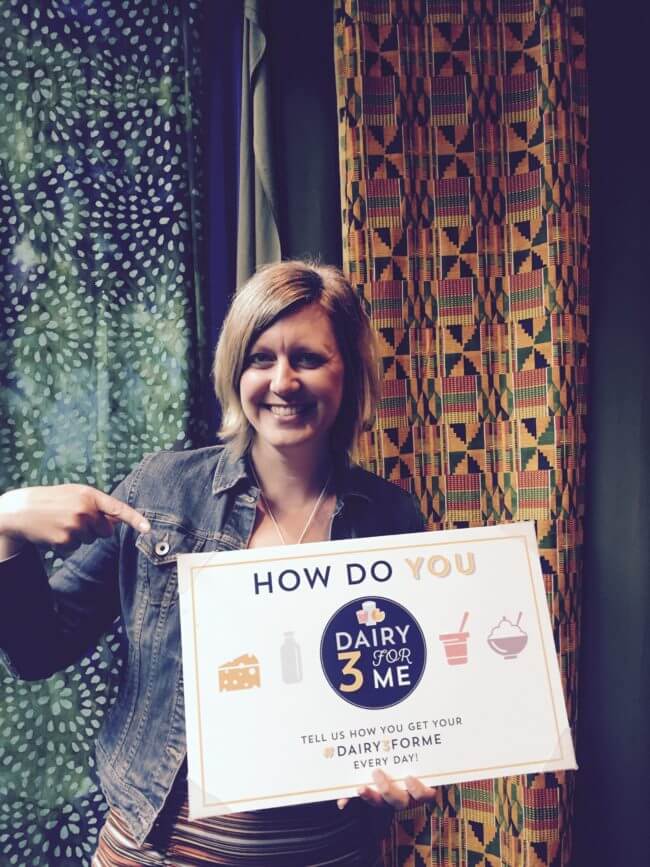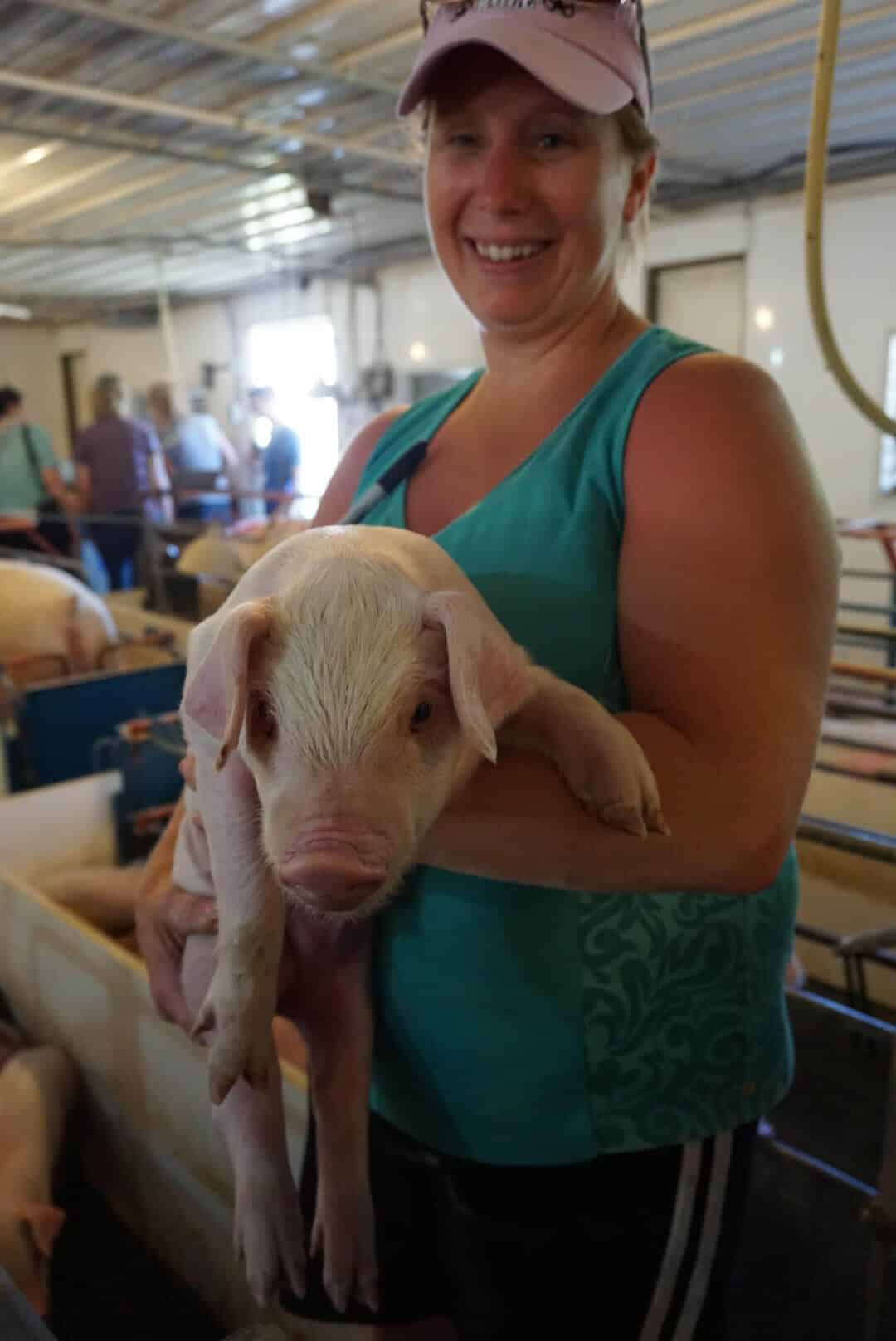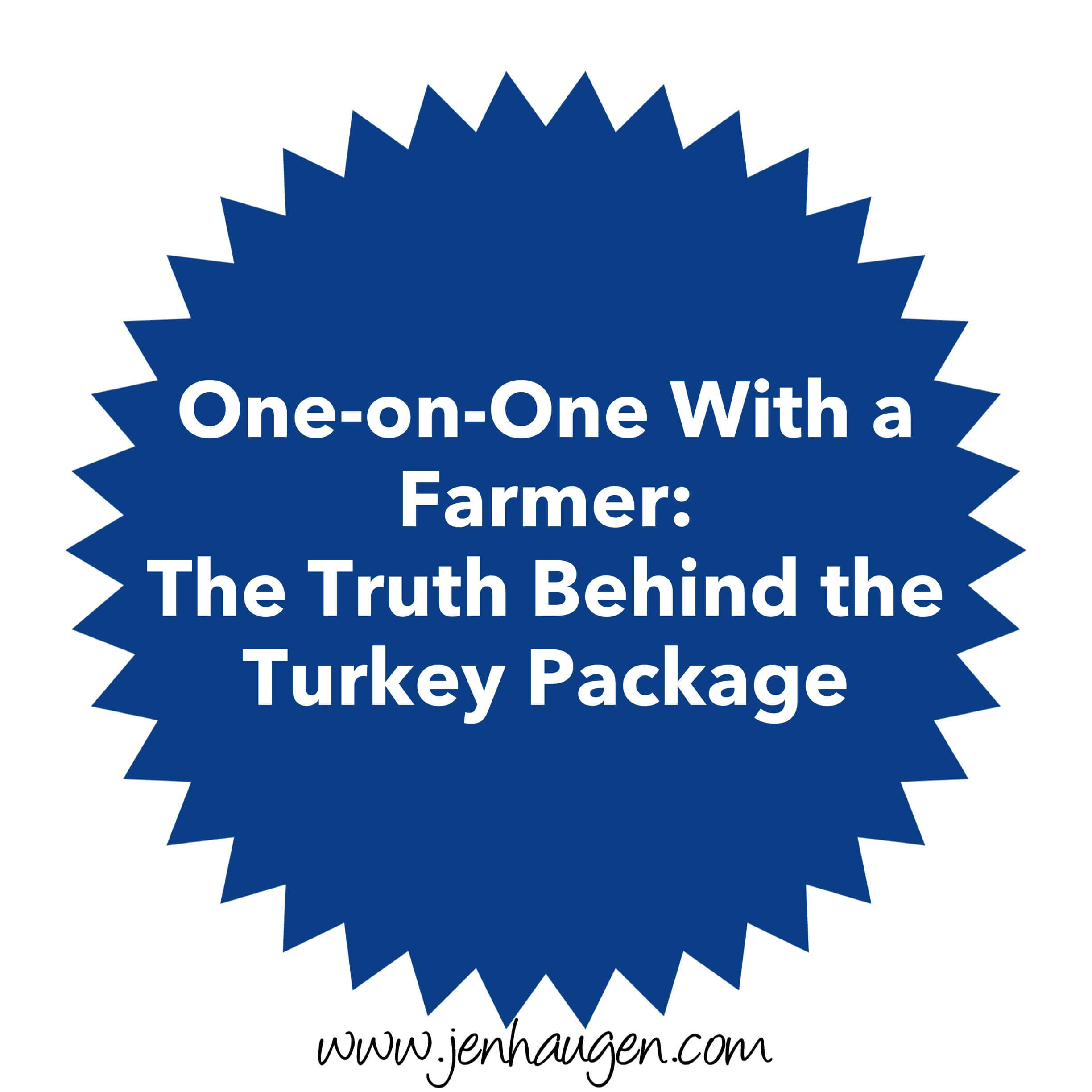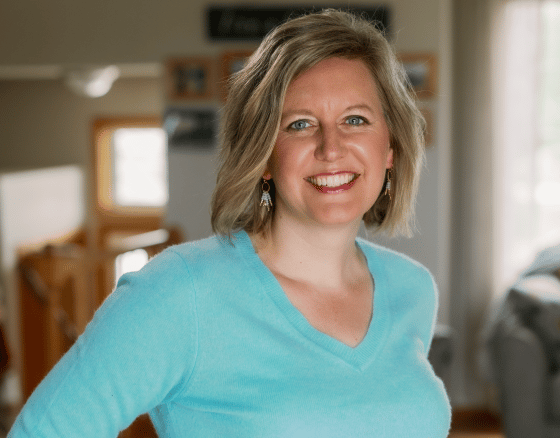Love Your Leftovers on the Farm and in the Kitchen
When I bring home two bags of groceries, I don’t think of the idea of food waste. I don’t think I will throw almost 40% — or nearly one bag — of those foods away. Instead, I’m thinking about how my kitchen will be restocked for recipes for the week ahead. Yet, I’ve learned something big recently that we can all take in: Farmers are pros at reducing waste, so I have to wonder how can I take a few tips from farmers to love my leftovers in my kitchen? To reduce my food wasted? To reuse and repurpose so less ends up in the landfill? These are all questions that came to mind during a recent Honor the Harvest event sponsored by Midwest Dairy.
I learned that while my intentions are good with the groceries I purchase, I instead will throw away 1.1 pounds of food per day . That’s 401.5 pounds of food per person per year. Ouch.
I’ve been monitoring how much food I’ve been throwing out. Those beautiful groceries? Part of them did end up in the garbage. Past expiration date. Too far back in the refrigerator for me to see before mold formed. Uneaten leftovers now spoiled.
So in the theme of Loving Your Leftovers, I’m sharing some simple ideas today to reduce “unused food” in our kitchens – both yours and mine – and how farmers love their leftovers too.
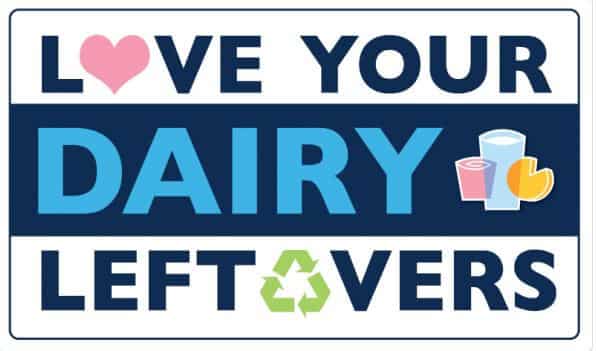
Love Your Leftovers in the Kitchen
The number one thing we can all do to reduce unused food – or food waste?
Plan meals and make a shopping list.
[Tweet “The number one thing we can all do to reduce food waste? Plan meals and shop from a list via @jenhaugen #dairydelicious”]
Purchasing what I plan to use hugely changes how much food I waste. While my intentions are always good, I get bogged down by our schedules or illnesses that throw meals off track, or maybe a new fruit or vegetable I thought it would be fun to try…and then I get behind in the week and didn’t even get it on the plate.
Here are some other ideas:
- Consider how an extra ingredient from one meal can be used for another meal later in the week. In other words, shop your refrigerator first before going to the store to get more. We have more in our kitchens at times than we realize. Last night’s cauliflower, can become part of the vegetables in a beef and broccoli stir-fry later in the week.
- Shred extra meat right after the meal and either freeze or repurpose into barbecued sandwiches later in the week. And to shred that meat? This is the tool you want to have that makes it a 30 second process — one of my favorite kitchen tools, the Salad Chopper.
- Have leftover fruit that’s getting a little mushy? Before it’s moldy, pop it in the blender, adding yogurt, 100% juice or milk and a banana, and viola, you have a smoothie.
- Extra casseroles or soups or stews? Use canning jars to freeze soups or stews (be sure to leave a headspace of one inch). And when making casseroles, rather than cooking the entire recipe, make the recipe into two different portions, one for now, and one for later. Then simply defrost and bake.
- More than enough vegetables? Vegetables that are better eaten raw can be chopped all together with some lettuce or cabbage to make a hearty chopped salad to go with your next meal. Or sauté extra vegetables and add to your favorite soup or chili.
- Make an “Eat Me First” bin in the refrigerator. A small bin will do the job here, adding in your soon-t0-expire foods will bring a sense of urgency to using them up each time a family member opens the refrigerator door.
Leftover Food Safety
- Use your leftovers within five days – that’s the recommendation from the Minnesota Department of Health. Some leftovers may need to be eaten before that due to texture changes, but five days is the maximum.
- Refrigerate foods promptly and make sure your refrigerator is reading at 40 degrees.
- Reheating leftovers requires a safe internal temperature of 165 degrees. Use a food thermometer for the most accuracy.
How Dairy Farmers Love their Leftovers
During my time at the Honor the Harvest event sponsored by Midwest Dairy, I had the opportunity to meet Doug Block, a dairy farmer from Hunter Haven Farms in Pearl City, Illinois. Listen to his story on sustainability.
We can all do one small thing to honor the harvest by loving our leftovers and reducing our food waste?
What’s one thing you are inspired to do?
For more ideas, visit: https://www.midwestdairy.com/food-waste/kitchen-tips/

